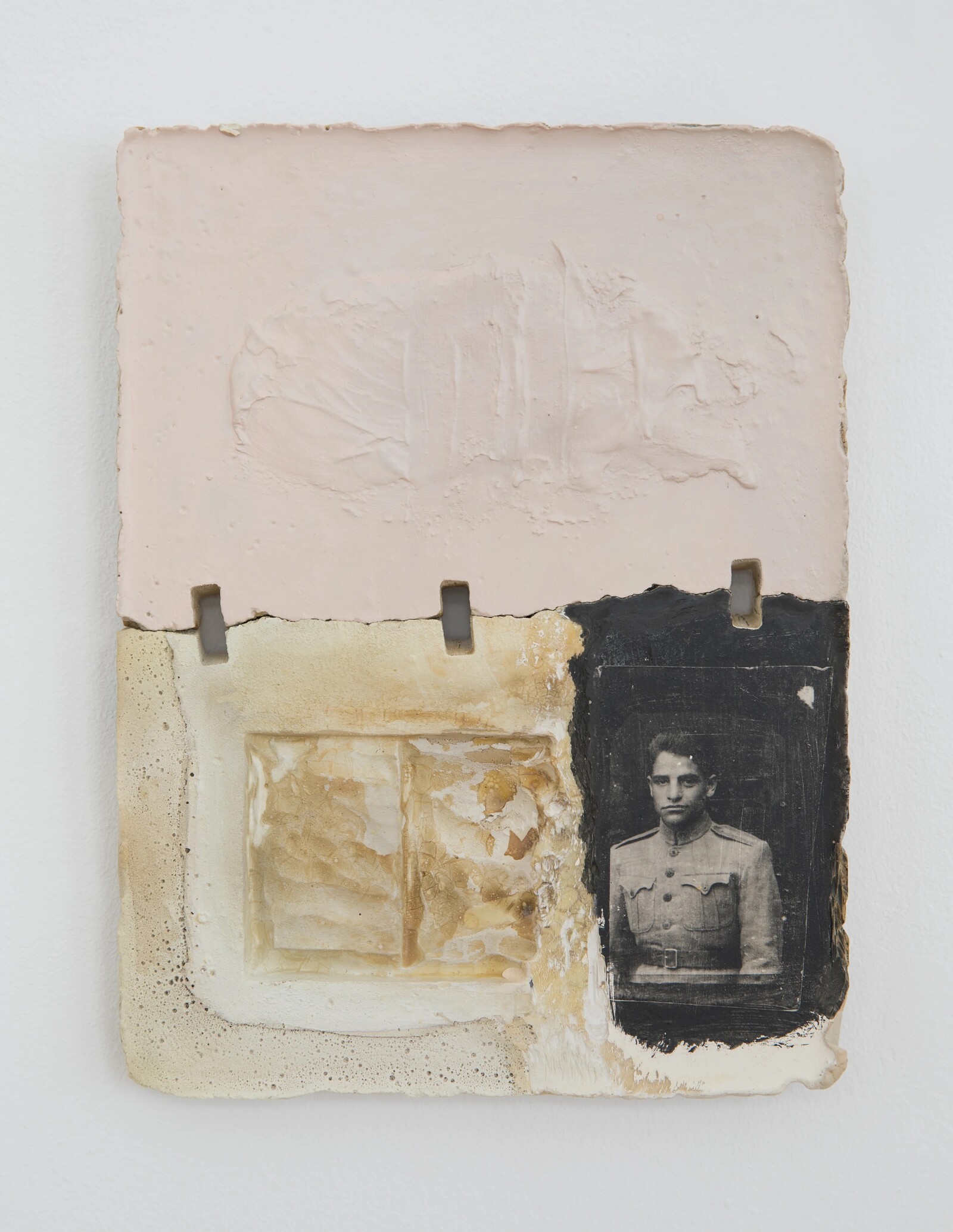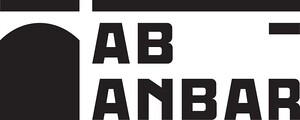September 7–30, 2023
The occasion of the tenth anniversary of the Ab-Anbar Gallery, which started its activities in Tehran in 2014, marks the beginning of a new phase for the gallery. The opening of the exhibition space in London’s Fitzrovia, featuring the exhibition Uncharted Echoes, curated by Bartomeu Mari, signifies a fresh start. Although only a short decade has passed, it serves as an invitation to reconsider, explore new directions, and acts as an accumulation of experiences and relationships built with the many artists that have collaborated with the gallery. To celebrate this milestone, Ab-Anbar invites us to engage in a seemingly paradoxical exercise: reevaluating the past while imagining the future, all within the same intention. If an echo refers us to the memory of something past, to a reminiscence—the echo is initially the repetition of a voice launched into space beforehand that returns to the origin when its waves hit an obstacle—the echoes of this exhibition remain as yet unexplored, as spaces that are not yet known, as metaphors of what is to come.
Uncharted Echoes functions as an atlas, not only recounting the history of the Ab-Anbar gallery through the works of the artists who have been part of its vibrant existence, but also reflecting the experiences and expressions of these artists as individuals and inviting new voices in the conversation. Movement symbolises life and it is an essential characteristic of humanity and all living beings, whether or not they possess the ability to wander around by themselves. Throughout history, all cultures and groups, rooted in specific territories, have migrated and evolved across land and sea. People, like cultures do, thrive in movement, through their interactions with others, while isolation leads to decline. Today, after nearly a century of exploring the skies, we are now contemplating the conquest of extraterrestrial territories, with concrete plans to inhabit other planets within our solar system, as well as growing desire to explore the depths of the sea, where the remains of sunken ships lie. However, in this modern era, many of us find ourselves displaced from our original environments due to necessity, obligation, or choice. From south to north, and east to west, in all directions, the preservation of life, the pursuit of freedom, the search for better living conditions, the need to know, or traumatic events continue to compel us to move from one place to another, sometimes risking the most precious aspects of our lives. The different terms used to describe these movements, internal or geographical, such as displacements, exiles, migrations, escapes, shape the identities of more and more individuals every day. Diaspora seems to define a growing number of citizens of a new world. We are all foreigners, regardless of our location, even if we consider ourselves natives of a particular place. Ab-Anbar and its artists explore the experience of movement, continuity, and new beginnings.
Each artist in this exhibition expresses their relationship with identity, origins, and the present moment through their unique artistic language. Regardless of their origin or place of residence, each artist deals with the universal tensions that define any culture, any community: the individual with the group, the inside with the outside and past with present. The works in the exhibition chronologically span from the late seventies/early eighties to the present day, with a focus on the first decades of the 21st century. This exhibition is about an imagination of the future, about the new conditions to think the times to come.
Artists: Douglas Abdell, Marlon de Azambuja, Seyed Amin Bagheri, Sonia Balassanian, Majid Fathizadeh, Mohammad Ghazali, Fadia Haddad, Arash Hanaei, Taha Heydari, Shahrzad Kamel, Avish Khebrehzadeh, Timo Nasseri, Raha Raissnia, Neda Razavipour, Hessam Samavatian, Baktash Sarang and Nil Yalter.









